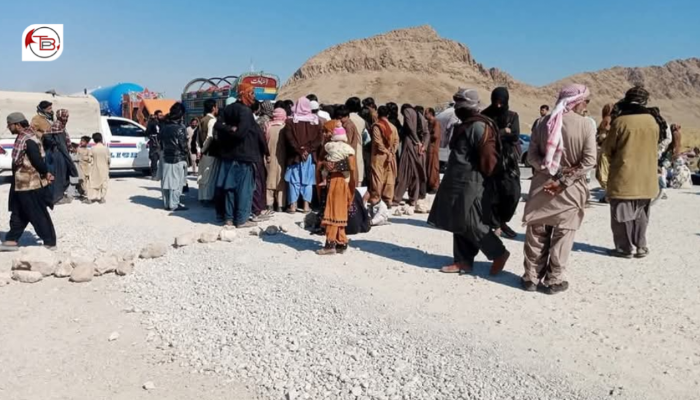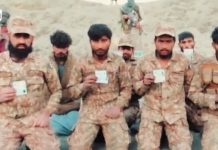Protests against enforced disappearances in Balochistan have intensified, with demonstrations in Awaran and Surab disrupting daily life and blocking key routes. Families of the missing are demanding answers and the safe return of their loved ones, refusing to back down despite increasing pressure from authorities.
In Awaran, a sit-in for the recovery of Diljan Baloch has entered its seventh day. The protest, which started on November 18, has seen multiple rounds of failed negotiations between the local officials and the demonstrators. Protesters accuse the administration of harassment, claiming they have been denied food and water and threatened with baton charges and tear gas. Many also allege that their identity cards and phones were taken, while the town remains under curfew with all entry and exit routes blocked for six days.
Despite these challenges, the demonstrators — among them women, children, and elderly — remain steadfast. “We will not stop until Diljan Baloch is found, no matter what they do,” said one protester, referring to the alleged threats by the local administration.
In Surab, another protest began on Saturday after the disappearance of two men, Shabeer Ahmed s/o Basheer Ahmed, and Aziz Ahmed s/o Abdullah, from Gidar. Their families have blocked the CPEC route and the Quetta-Karachi National Highway, cutting off traffic and stranding hundreds of vehicles. Frustrated travelers have urged the authorities to hold talks with the protesters and reopen the roads.

Protesters in both locations have called on human rights groups, lawyers, and student organizations to support their demands. In Awaran, the protestors criticized the government for trying to suppress their voices instead of addressing their grievances.





























